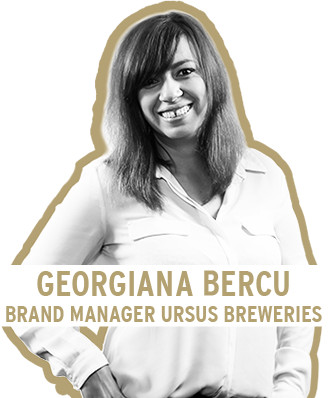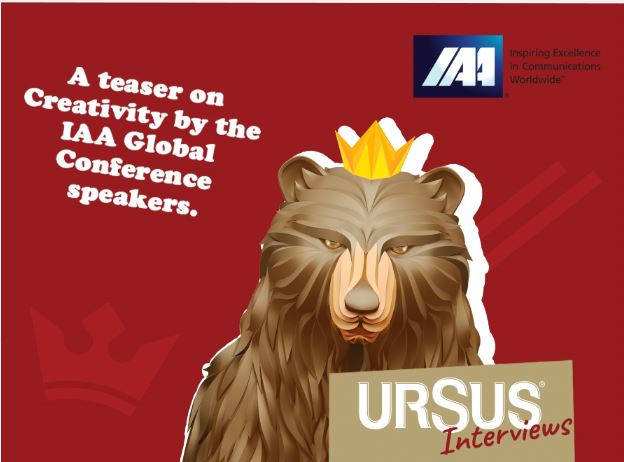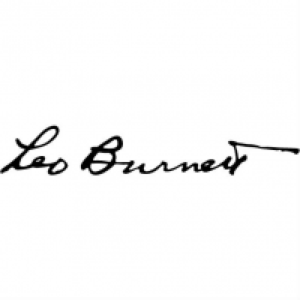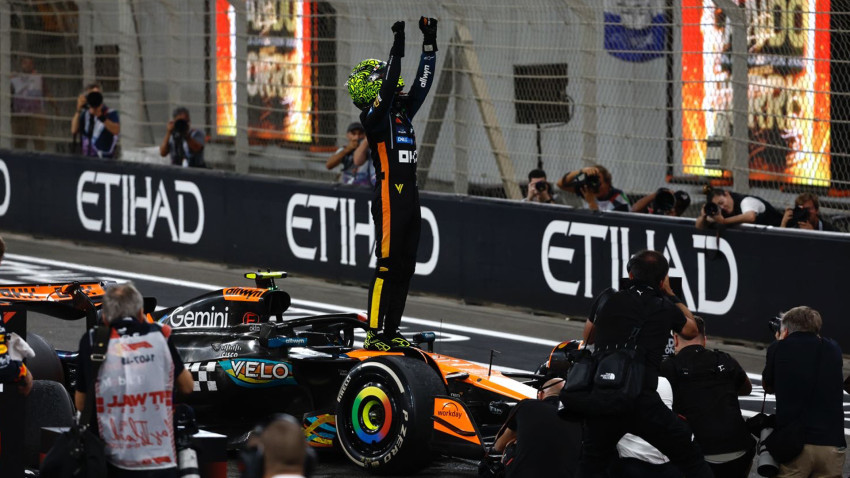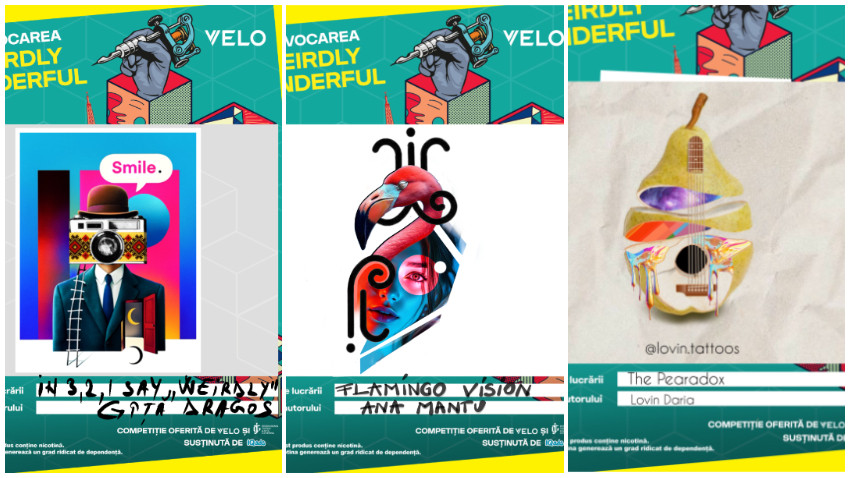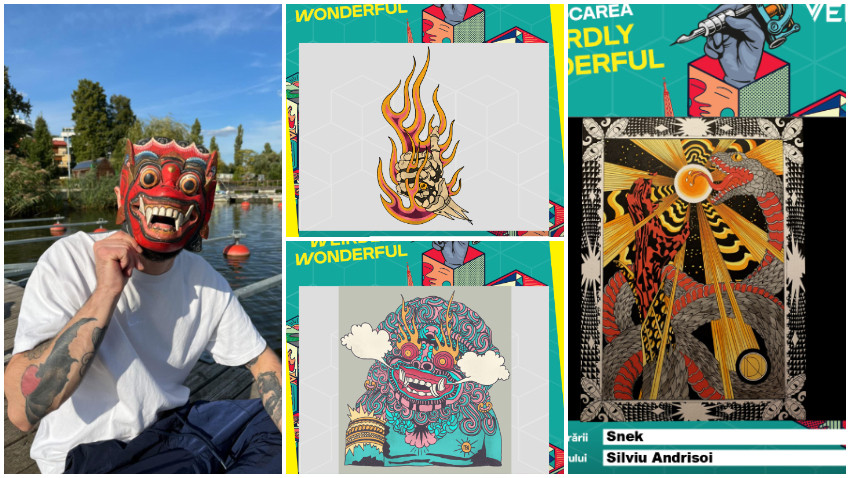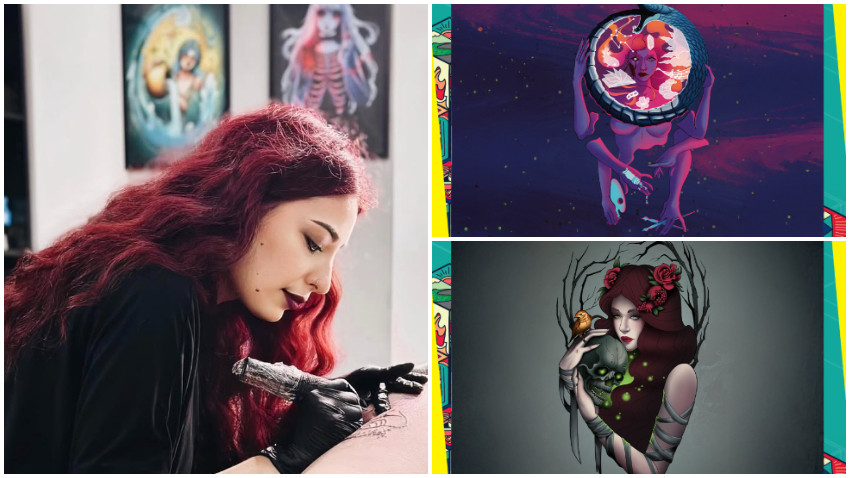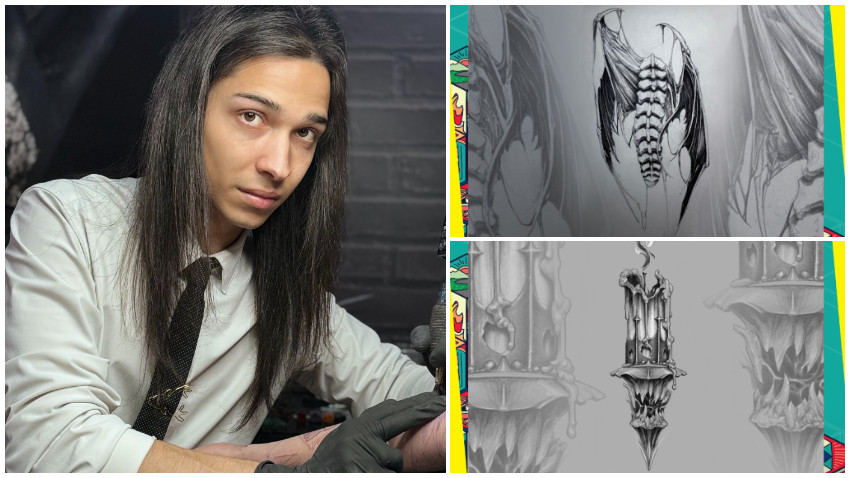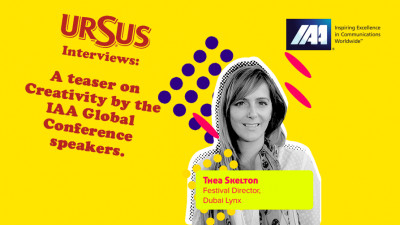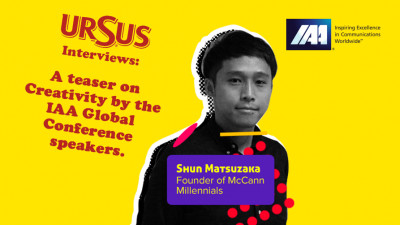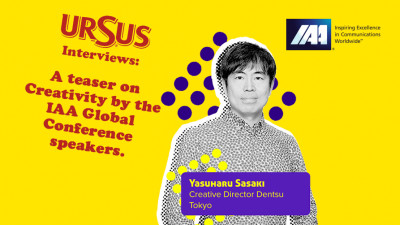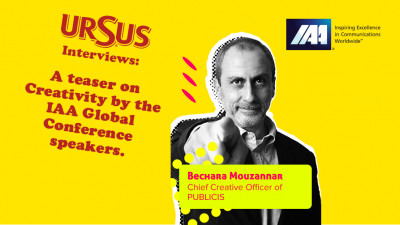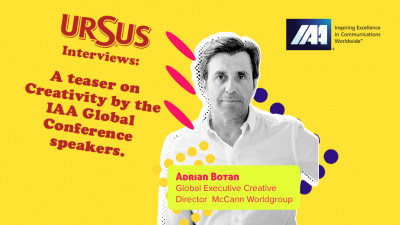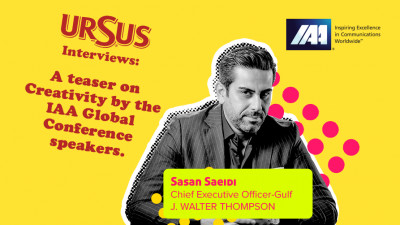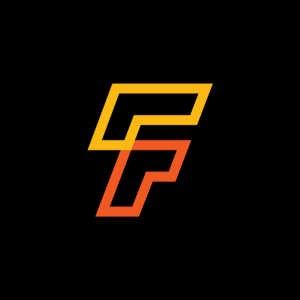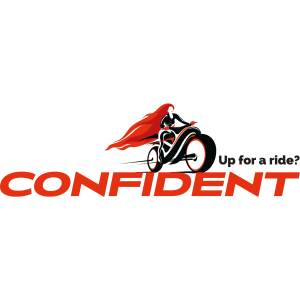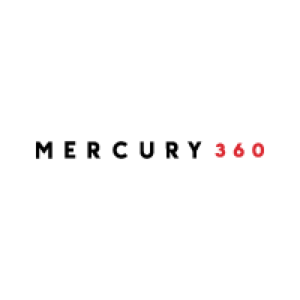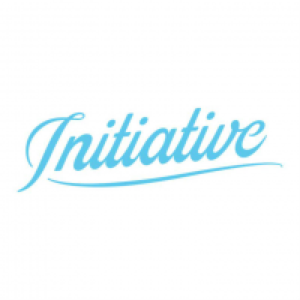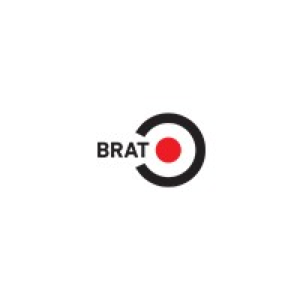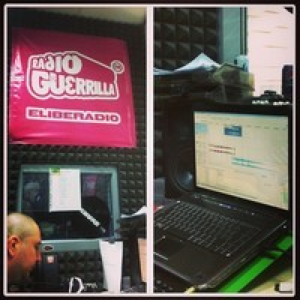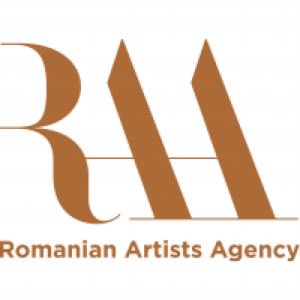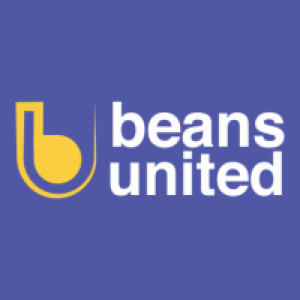Marco Cremona has worked in the advertising business for 25 years. He joined Google as Creative Lead for Russia and part of the EMEA Creative Lab. He contributed to win the first 2 Cannes Lions ever for the Russian Google office and just recently joined the London Creative Lab. The advertising highway took him to Milan, Brazil or Los Angeles to work for agencies like Leo Burnett and Lowe, Young and Rubicam or McCann, and Alfa Romeo.
Finding your passion changes everything, and Marco was lucky enough to have an inspiration to lead him in a career where creativity is the key and source of everything. And in this case it is the definition of advertising, his passion.
Georgiana Bercu, Brand Manager at Ursus Breweries, says creativity means progress. It is the spark of inspiration one gets by looking at the world from a different perspective to make something new, different, either is small or big. In the luckiest cases, this results in something better or even great, and this is where the progress comes from.
Being the lead of one of the most creative brands in the market – Grolsch – is one lucky role, as Georgiana is able to think and to implement unconventional, out of the box campaigns in order to drive consumer engagement.
Marco will join IAA Global Conference - Creativity Can Change the World, on October 24-25, but before taking the stage at The National Opera House, Georgiana asked him a series of questions where the main subjects are creativity, his inspiration to take the road of advertising and the story of a winning campaign.
What does creativity mean for you?
God was the only original creator so for me being creative means to absorb reality, to metabolize it and to express it in the most unexpected way possible.
You have a 25 years career in various countries and industries and several achievements that many creative people are only dreaming about. What made you choose this career and what kept your creativity alive during all these years?
I chose this career because of my dad. He's been ECD at McCann just like me and went on to open his own shop. When I was a kid, he often took me to set and it felt like being in a magic movie.
He sometimes also took me with him to the office and I remember staring open mouthed at people dressed in jeans and t-shirts working in rooms full of typewriters and colored markers and drawings and big books with intriguing images. I was hypnotized by their lightheartedness and I couldn't refrain from desiring that same destiny.
How much is intuition and how much research does your work involve? When does the creative process end for you, how do you decide you came up with the winning idea?
Studying is fundamental in our job, especially if you come like me from what was considered a B series country creatively speaking. Succeeding in advertising without studying is like trying to play the piano without knowing the notes: it can be done but it requires pure genius. It's crucial for a number of reasons: to understand the trends, to avoid coming up with ideas that already exist and to perpetually refresh the creative mechanisms.
The creative process is really never-ending and only time makes me let go of a piece of work. There's always room to perfect anything. As Leonardo used to say, art is never finished, only abandoned.
You’re working now for one of the most innovative company in the world, where everything changes at a very fast pace. What particular, new challenges do you face with regards to creativity in such a dynamic environment?
The main challenge for me is to keep up with the speed of changes that technology is bringing us. Innovations happen exponentially while our ability to learn is only incremental.
This makes our learning a never ending quest: we're constantly trying to catch up and this is beautiful because it keeps our brain active but it can sometimes be overwhelming. Also, we need to be mindful of not letting technology overtake the power of ideas, which should always be at center stage.
Could you share a life story (personal or professional life) on how creativity improved the world? It could very well be a story of how an unconventional, "crazy idea" saved the day, a story on how lateral thinking helped you come up with a better solution."
Pride is an overused word these days. One of the few times I really felt proud was in 2005. We were working on a pitch for Telecom, the main Italian telco company. The pressure was palpable and we came up with an idea that not only won the tender but also the hearts of Italians. It was one of the first times in which a brand was used as a sort of a Trojan horse to deliver a message of peace.
The story was around Gandhi, delivering a message of peace from his ashram and magically reaching the whole world, thanks to modern technology. If he could have communicated like this, what would the world be like today?' was the headline. It was a tough time for everyone back then, with decapitation videos being shown on the news and people hanging peace flags out of their windows.
So this message of peace moved the whole country and winning a lion was even less rewarding that that.
If creativity is an unlimited resource, how do you harvest your team's creativity?
I think motivation is the key for everything in life. This means that sharing outstanding creative work is not enough.
It's paramount to instill hunger for perfection -which in the creative world translates to awards. Without this drive, even encyclopedic creative knowledge won't be enough to originate cutting edge work.
Ursus - A teaser on Creativity series is part of IAA Global Conference – Creativity Can Change the World, the event will take place on October 24-25, at The National Opera House in Bucharest. For more information please visit www.creativity4better.com.

